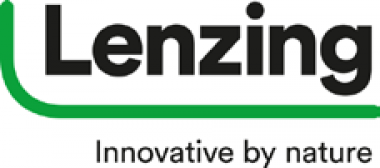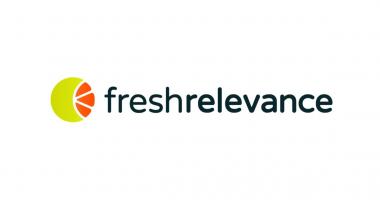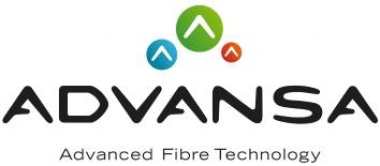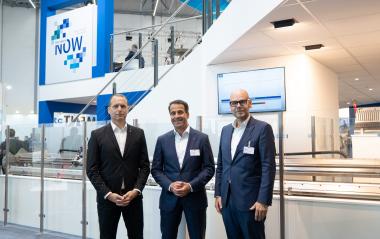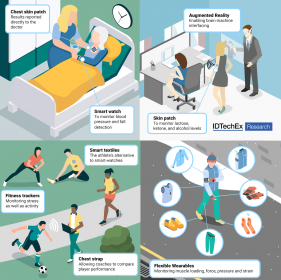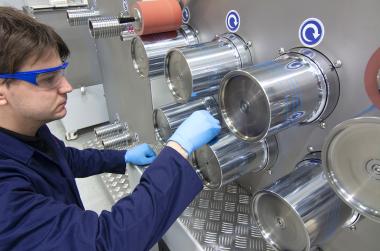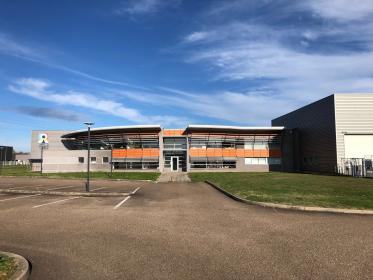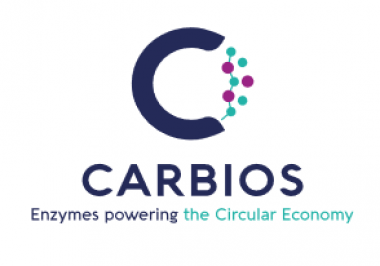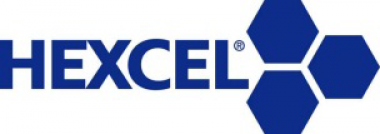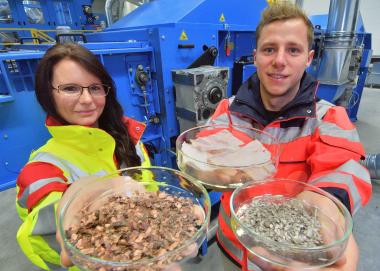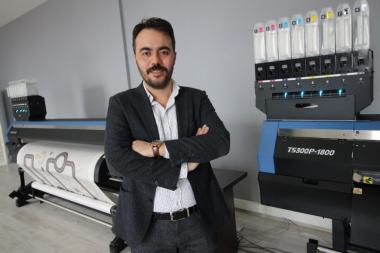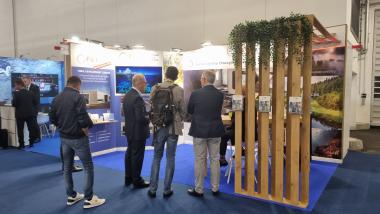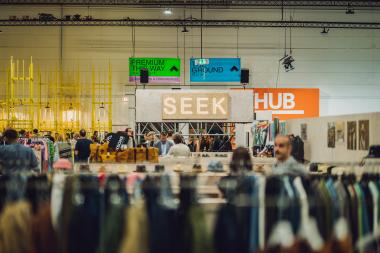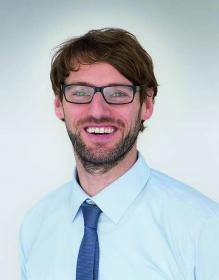Nico Reiner as new Chief Financial Officer of Lenzing AG
The Supervisory Board of Lenzing AG, a world-leading provider of sustainably produced specialty fibers for the textile and nonwoven industries, has appointed Nico Reiner as its new Chief Financial Officer. Mr. Reiner will join Lenzing’s Managing Board led by Chief Executive Officer Stephan Sielaff on January 1, 2023. He will succeed Chief Financial Officer Thomas Obendrauf, who is leaving the company of his own volition after seven years.
Nico Reiner has held several positions in his professional career to date, including CFO at globally operating companies such as Schüco Group, AL-KO Group and Pfleiderer Group, as well as management consultant roles. His most recent appointment was as CFO of Vacuumschmelze GmbH & Co. KG, a global player with headquarters in Hanau that specializes in the development, production and marketing of magnetic materials.
Lenzing AG


